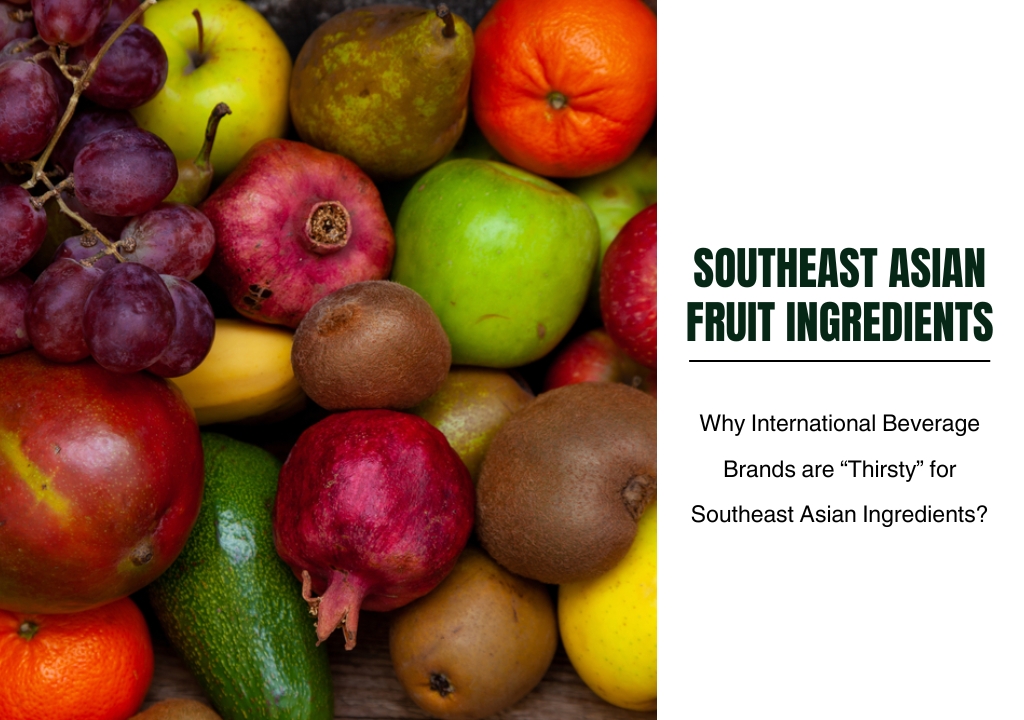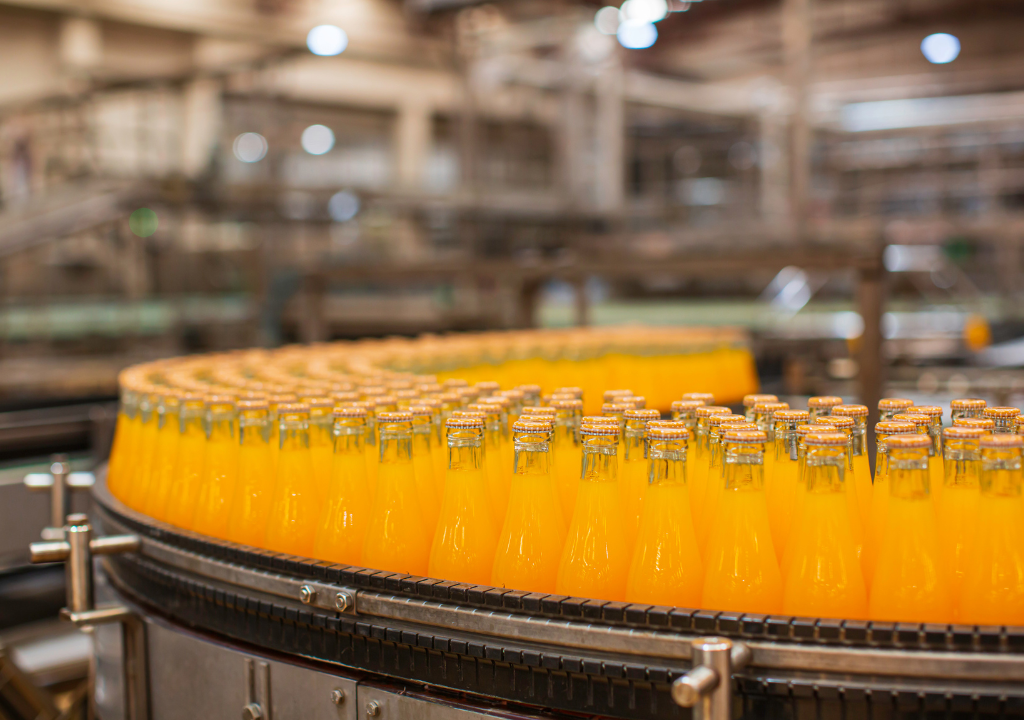How Eco-Friendly Practices Are Transforming the Beverage Industry
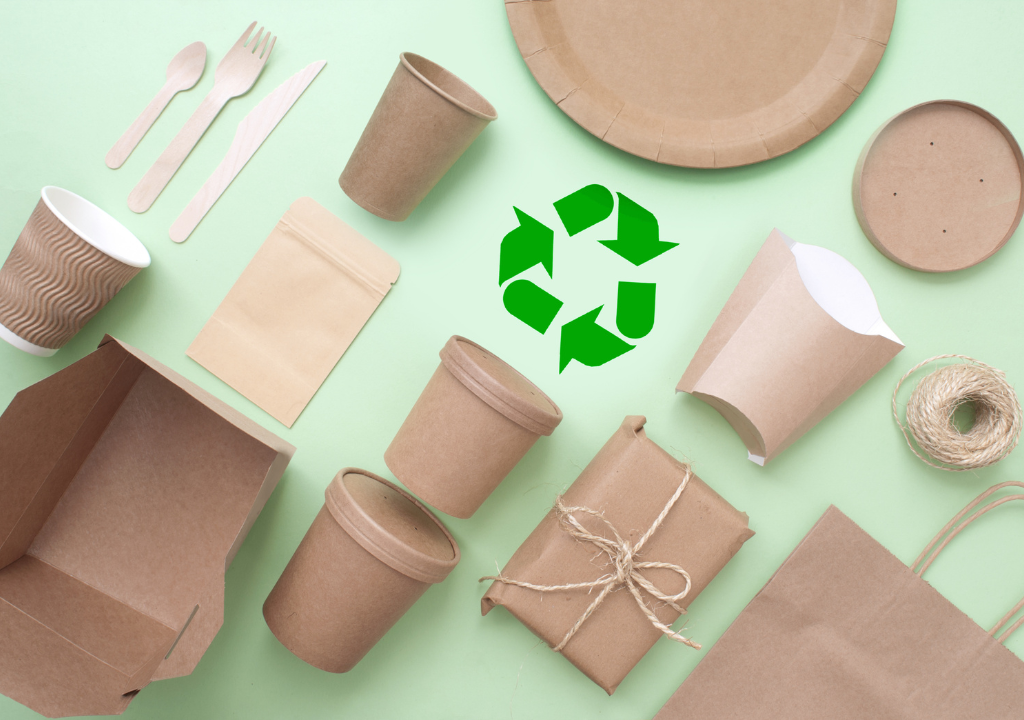
Summary
As environmental concerns rise, the beverage industry is undergoing a major shift toward sustainability. With 66% of global consumers prioritizing eco-conscious choices, brands are revamping their production, packaging, and sourcing methods. Innovations include replacing single-use plastics with recyclable aluminum, reducing water waste, and fostering sustainable partnerships with local farmers. Eco-friendly packaging and transparent labeling help build consumer trust, especially among Gen Z and millennials. Despite challenges like complex supply chains and outdated systems, brands that commit to sustainability are not only protecting the planet but also gaining consumer loyalty and long-term resilience.
In an era when climate change and environmental degradation are no longer distant threats but urgent realities, sustainability is no longer a trend—it’s a necessity. For the beverage industry, this means reimagining every step of the value chain, from sourcing and production to packaging and consumer engagement. Today, approximately 66% of global consumers consider sustainability before making a purchase. This growing eco-consciousness is compelling beverage brands to align with consumer values or risk falling behind.
The Environmental Footprint of Beverages
The sheer scale of the beverage industry underscores the importance of sustainable practices. In 2024, the global alcoholic beverage market reached a staggering $1.76 trillion, while the nonalcoholic beverage segment was valued at $1.22 trillion in 2023. These figures highlight the sector’s vast resource consumption—particularly in energy, water, and raw materials—along with significant carbon emissions tied to production and distribution.
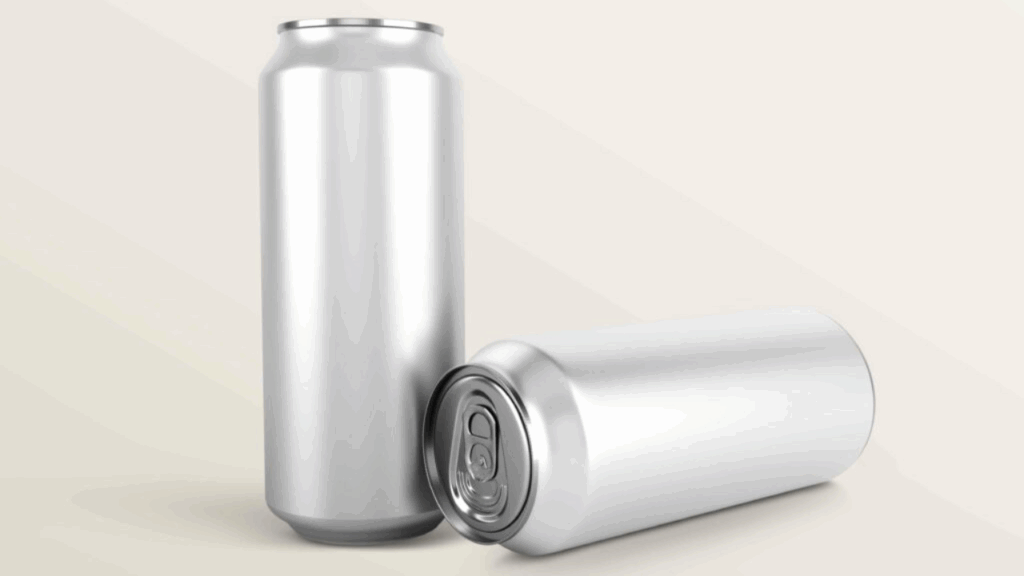
Single-use plastic packaging remains a persistent concern. With packaging accounting for about 36% of global plastic production and 85% of it ending up as waste, brands face mounting pressure to reduce their reliance on disposable plastic. In response, many are transitioning to more sustainable materials like aluminum, which is infinitely recyclable and lighter, reducing transportation emissions. Unlike plastic, 75% of all aluminum ever produced remains in use, making it a superior alternative for circular economy goals.
Rethinking Sourcing and Production
Sustainable sourcing is now central to brand credibility. Consumers—particularly Millennials and Gen Z—want assurance that the ingredients in their beverages are ethically and responsibly obtained. These groups are 27% more likely than older generations to support brands that reflect their environmental and social values.
In response, many beverage companies are shifting to organic, non-GMO ingredients and prioritizing partnerships with suppliers that uphold rigorous sustainability standards. Local sourcing is gaining traction too, offering the dual benefit of supporting nearby economies and reducing the carbon footprint associated with long-distance transportation. Some forward-thinking brands are also investing in programs that promote biodiversity, soil health, and ethical labor practices at the farming level.
Innovations in Packaging
Packaging is not just about functionality—it’s a major point of influence in consumers’ perception of sustainability. According to recent studies, over 60% of consumers are willing to pay more for sustainably packaged products, and more than half are deeply concerned about the environmental impact of traditional packaging.

Beverage companies are exploring recyclable, lightweight alternatives such as paper-based cartons, plant-based plastics, and, most prominently, aluminum. The latter offers multiple advantages: it’s shatterproof, portable, and maintains beverage integrity by shielding contents from light and oxygen. Perhaps most importantly, recycled aluminum uses 95% less energy than producing new cans from raw materials.
At the production level, companies are adopting lean manufacturing techniques to reduce waste and energy consumption. These methods streamline operations by minimizing defects, idle time, and unnecessary inventory—all of which contribute to environmental strain when left unchecked.
Water: The Hidden Ingredient
Water is the lifeblood of the beverage industry, yet it's under increasing pressure. Producing one gallon of beer, for example, can require up to eight gallons of water, including usage in cleaning, cooling, and processing. With global water shortages looming, responsible water management has become an urgent priority.
Brands are beginning to measure and reduce their water footprints, transitioning to more efficient processes such as air-based cleaning or closed-loop water systems. Industry leaders like Coca-Cola have committed to ambitious water goals, including 100% circular water use in key facilities and restoring two trillion liters of water to communities and ecosystems by 2030.
Partnerships are also emerging to improve agricultural water use. PepsiCo and Walmart, for example, have joined forces to help North American farmers implement practices that conserve water and improve soil health—crucial steps in building a more sustainable supply chain.
Educating and Empowering Consumers
Consumer behavior plays a critical role in the success of sustainability initiatives. While many buyers express interest in eco-friendly products, confusion remains around how to recycle correctly or interpret packaging symbols. Brands can bridge this knowledge gap through transparent communication and consumer education.
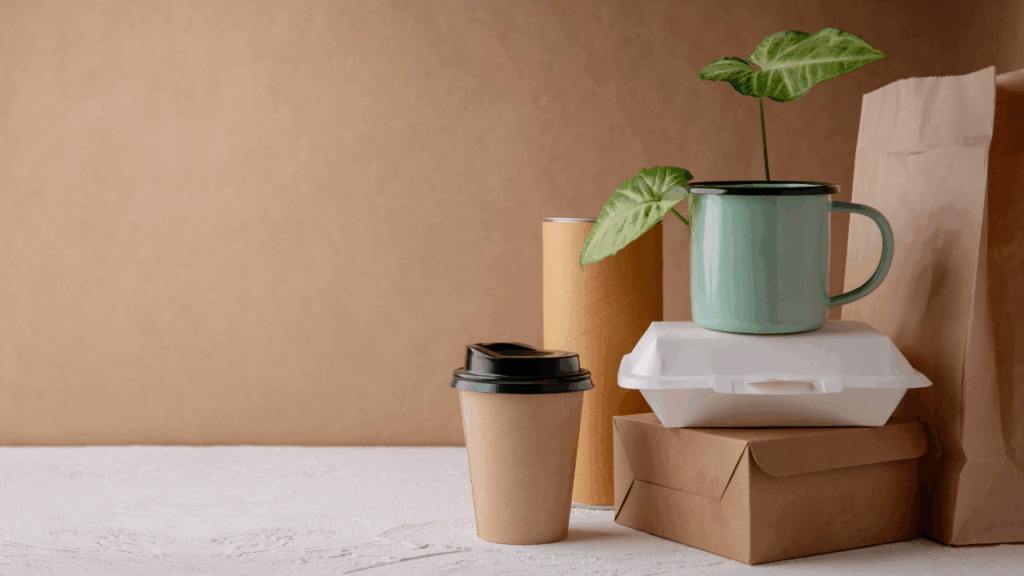
More than just informing consumers, brands have an opportunity to inspire and connect. Sharing authentic stories about their sustainability journeys fosters trust and emotional engagement. In a world where greenwashing is common, clarity and honesty can set companies apart.
Providing easy-to-understand recycling instructions, highlighting the benefits of sustainable choices, and involving customers in sustainability campaigns are just some of the ways beverage brands can empower people to make informed decisions.
Long-Term Impact: More Than Just Environmental
Sustainability isn’t just good for the planet—it’s a strategic imperative. Brands that prioritize eco-friendly practices are seeing increased customer loyalty, stronger reputations, and access to new markets. Conversely, those that lag behind may face regulatory scrutiny, higher costs, and dwindling consumer trust.
That said, challenges persist. Many companies still rely on outdated systems that make it difficult to track environmental performance or implement comprehensive change. Achieving full transparency in sprawling global supply chains remains a complex task. But the momentum is clear: sustainability is shaping the future of the beverage industry, and those who act now will be best positioned for long-term resilience.
Conclusion
Sustainability is no longer an optional strategy—it is the new foundation upon which the beverage industry must build. From sourcing and packaging to water use and consumer engagement, eco-conscious practices are driving innovation and reshaping the sector. As consumer expectations continue to rise and environmental concerns grow more urgent, brands must commit to meaningful, measurable action. By doing so, they not only protect the planet but also secure their place in an increasingly values-driven marketplace.
Source: BevSource

